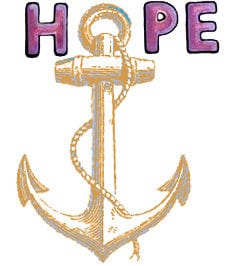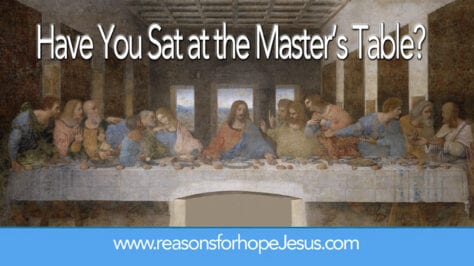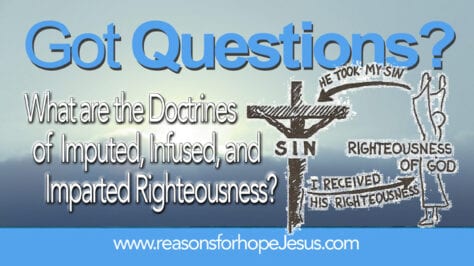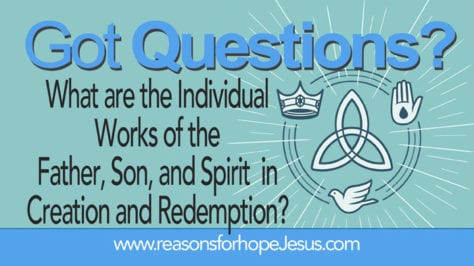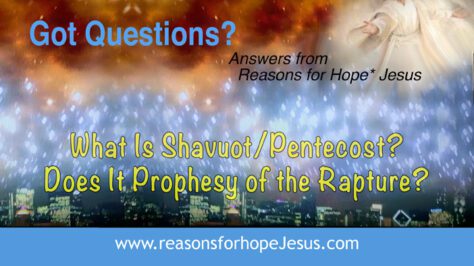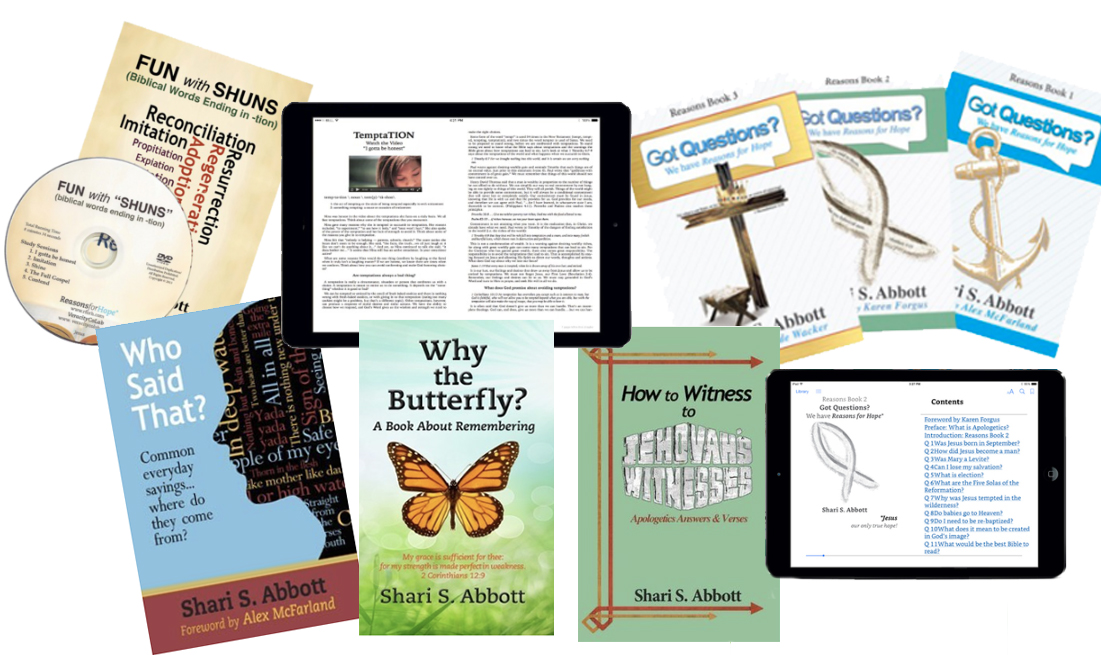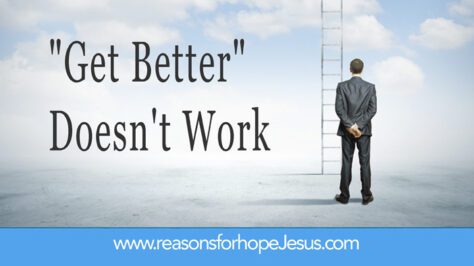
In a New York Times Op-Ed entitled “Who Goes To Work To Have Fun,” British journalist Oliver Burkeman suggests something counter-intuitive, but obvious: the more you force someone to have fun, the less fun they’ll have. The money quote is this one:
Psychologists have shown that positive-thinking affirmations make people with low self-esteem feel worse; that patients with panic disorders can become more anxious when they try to relax; and that an ability to experience negative emotions, rather than struggling to exclude them, is crucial for mental health.
This couldn’t be simpler, and yet more misunderstood, especially by churches. Think about it: what’s the worst thing you can say to someone who’s in a bad mood? “Lighten up!” or “Get over it!” or “Think positively.” And to someone who’s suffering? “Tomorrow will be a better day!” These are the sorts of sentiments that get you punched, not thanked for your help and encouragement.
Yet people (and, by extension, churches) from one side of this country to the other do this kind of thing to themselves and others. We tell each other to “buck up” rather than be honest about our pain. We tell ourselves to relax rather than face the causes of our anxiety. And we expect people to get better without admitting their badness.
The Biblical Approach
The Bible couldn’t be clearer about this mechanism: Paul says that the Law (the expectation, the requirement, the exhortation) came in to increase the trespass (Romans 5:20). In other words, the law makes the problem shine; it does not (cannot) solve it. It reveals the issue, it does not remove it.
People who are hurting would, overwhelmingly, rather not be hurting, and if they could simply choose to be happy, they would. If the depressed could simply choose not to be depressed, they would. If those with panic disorders could simply choose to be relaxed, they would. That they can’t simply “snap out of it” implies a deeper problem.
Intervention Needed
And I don’t just mean in a “We’re all here because we care about you” sense. We need someone to come into our pain, into our depression, and into our panic. Christianity, alone amongst the world’s religions, philosophies, and systems of thought, posits a God who doesn’t wait (or ask) for the hurt to heal, for the depressed to cheer up, or for the panicked to chill out. Our God crosses the chasm to us, rather than waiting for us to build a bridge out of our pain and into his glory.
Everyone knows that telling someone in a bad mood to cheer up is a losing proposition…but we can’t stop ourselves. We don’t know any other way to be. It doesn’t stop us from offering platitudes to our friends or “Five Steps to a Better Blank” sermon series to our congregations. We figure that if people just have the right road map, they can get to a better place, despite the fact that that has never worked in our own lives!
Painful and uncomfortable as it may be at first, being upfront about our problems is the better route. Churches, especially, ought to be places where brutal honesty is possible. Too often, though, they are places where the truth is hidden: we want people to think that we’re on the spiritual path to glory, not hurting, depressed, angry, and panicked.
Law and Gospel
God’s first word — the Law — comes into our lives, not to give us the road map out of our struggles, but to magnify them to the point where they become impossible to handle on our own. Casual Friday and a company paintball trip only mask the issues; they don’t solve them. In fact, as Burkeman argues, they only serve to make us feel worse.
People need God’s second word — the Gospel, the Good News about Jesus Christ — to break through the impossibility of our human problem. We don’t need to be encouraged to get out of our depression, we need to be given joy. We don’t need to be cajoled out of our anxieties, we need to be given peace. The Good News of the gospel is that, in Christ, we have been.
Click here to get equipped with encouraging and empowering Biblical truth and wisdom every week!
Video clips from Pastor Tullian Tchividjian, The Sanctuary Jupiter, FL
Because It Is Finished…
Psalm 19, Ps 51, Psalm 139, Psalm 139, Psalm 139, Psalm 62
Teachings from The Book of Job
***Check out all of our video clips from Pastor Tullian***
>>>26 Lessons from The Book of Job - Short Video Clips<<<
Lessons from the Book of Galatians — short video clips.
*******
Jesus is the Reason this Ministry Exists
At Reasons for Hope* Jesus, we are committed to equipping, encouraging, and empowering Christians to know Jesus better, love Him more, and share their faith. We also reach the lost through our Salvation Page.
With your support, we can continue to provide valuable resources and engaging content. Please join us in our mission by donating today. Your generous contribution helps us expand our outreach of sharing biblical truths and hope in Jesus. Thank you for your kindness and for being an integral part of our mission.
*******
*******
***A Hidden Message in Psalm 23?***
Hidden in the six verses of Psalm 23 are 11 names for Jesus. When you subscribe to our newsletter, we’ll send you The Names of God in Psalm 23 PDF that reveals all 11 names and Scripture verses of comfort and hope (link will be sent in your confirmation email).
 A Room with a View of Eternity—The Last Will & Testament of Jesus Christ Take a seat at the Master's table. Learn about the riches He gives to all who are His. This book will bless and encourage you, give you hope, and help you live in the joy of your salvation and the riches of Christ that are yours.
A Room with a View of Eternity—The Last Will & Testament of Jesus Christ Take a seat at the Master's table. Learn about the riches He gives to all who are His. This book will bless and encourage you, give you hope, and help you live in the joy of your salvation and the riches of Christ that are yours.

The Top Ten Got Questions? in 2023
- The Meaning of NUMBERS in the Bible?
- Was Jesus CRUCIFIED on Wednesday, Thursday, or Friday?
- How was Jesus Like a Worm? What’s the CRIMSON (OR SCARLET) WORM in Psalm 22?
- How are the Shepherd’s ROD and STAFF Different?
- How long did JOB SUFFER?
- What is the Significance of the Wise Men's THREE GIFTS? And were they kings?
- Did The Wise Men Arrive 12 DAYS AFTER JESUS’ BIRTH? Or Was It Much Later?
- Jesus’ Last Days TIMELINE: the Cross and the Resurrection
- The Meaning of COLORS in the Bible?
- Did Jesus Fight Satan to Take Back the KEYS of Death and Hell?
There is much to be learned from those who have gone before us in the faith. Check out our Cloud of Witnesses category that features the words of departed saints who are now with the Lord in glory. Their words equip and encourage us even to this day. Take a few minutes to hear...
- ONLY ONE LIFE, Twill Soon Be Past – by C.T. Studd (1860 – 1931)
- “The Love of God is Greater Far” by Frederick M. Lehman (1917)
- Prayers from Billy Graham
- Who Was Robert Robinson? What’s the Story Behind “Come Thou Fount”
- “Immanuel” — A Poem by Charles Spurgeon (1834-1892)
- Who Am I? A Poem by Deitrich Bonhoeffer (1905-1945)
- Understanding the Everlasting Arms of God, by J.R. Miller (1840–1912)
- 24 Reasons Why I Love America, by John Wayne (1907-1979)
- Give Me Perpetual Broken-heartedness (from The Valley of Vision)
- Abide with Me, by James Smith, 1859
This remains one of our most popular pages viewed.![]()

TOP TEN Videos from Reasons for Hope* Jesus
- Memorial Day BAGPIPES TRIBUTE: Amazing Grace
- RISE AND SHINE and Give God the Glory, Glory!
- WERE YOU THERE When They Crucified My Lord?
- PAUL HARVEY: THE BIRDCAGE
- PRESIDENT RONALD REAGAN: A SOLDIER'S PLEDGE
- Hark! the Herald Angels Sing -- CHARLIE BROWN Christmas
- JOHN WAYNE ~ WHY I LOVE AMERICA
- Jimmy Stewart - Nativity Scene Prayer: Mr. Krueger's Christmas
- THE LEGEND OF THE CANDY CANE - A Christmas Story to Share
- Not by Might, Not by Power, But BY MY SPIRIT says the Lord (Zechariah 4:6)
*****************


